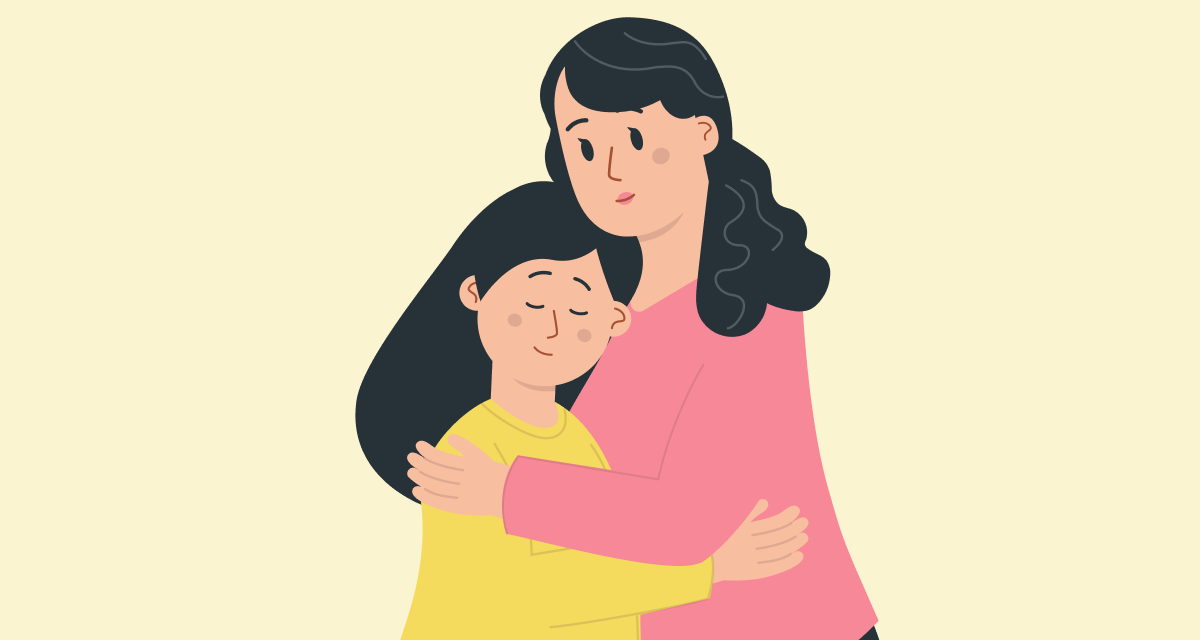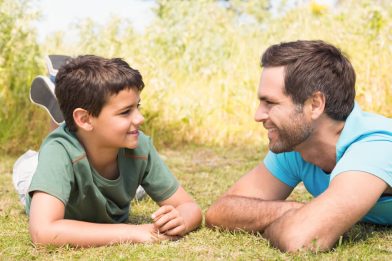9 Habits for a Closer Bond With Your Child

Close relationships with children don’t just happen; they grow from small, everyday moments. A kind look. A shared laugh. A quiet conversation before bed. These simple acts—done regularly—help children feel loved and safe, and give your relationship strong roots.
Here are 9 habits that can bring you and your child closer:
⏳ 1. Spend a Little Time Together Every Day
Even 10 minutes can mean a lot. Set aside that time just for your child without phones or distractions.
Play, read, or simply talk before bed. The message is: You matter to me. I’m here with you. Consistency and real attention build a sense of safety and self-worth.
🫂 2. Give More Hugs
Hugs offer warmth, comfort, and connection. But not every child is always ready for touch, and that’s okay.
Be gentle. Stay close. Respect their space. Even a kind look or calm presence can show your love.
🧏♀️ 3. Listen With Full Attention
When your child talks, try not to interrupt, judge, or rush in with advice.
Yes, it’s not always easy to stay fully present, especially when the topic is Minecraft, school drama, or online videos. But this is your child’s world.
Listening with genuine interest builds trust, even when the subject feels far from your own.
🏡 4. Create Simple Family Rituals
Evening tea. Bedtime stories. Pancakes on Sundays. A walk in the park. These small routines don’t take much time, but they create connection and lasting memories.
🛀🏽 5. Take Care of Yourself Too
To be fully present for your child, you also need space to rest and recharge. Self-care isn’t selfish—it’s the foundation of your emotional balance and energy.
Better to take a breath than to care from a place of exhaustion. Children feel your warmth more than your effort.
🙏 6. Say Thank You for Their Effort
Notice when your child takes initiative, like offering to help, showing kindness, or making a choice.
Even the smallest steps deserve appreciation: “You really tried.” “Thank you. I know that wasn’t easy.”
🥺 7. Apologize When You’re Wrong
We all make mistakes. When you apologize—”I’m sorry, I overreacted”—you’re not showing weakness, but strength. It teaches your child honesty, humility, and how to repair trust.
💞 8. Talk About Feelings
When you say things like: “I’m angry because I’m tired,” or “I feel sad today. I just need a moment,” you’re modeling emotional awareness.
It helps your child understand their own emotions and see that sharing feelings is okay.
⚖️ 9. Offer Choices
Letting your child choose what to wear, what game to play, or how to spend after-school time gives them a sense of voice and respect.
They don’t have to decide everything. But having some choice within clear limits teaches autonomy and builds connection.
Even one simple habit can shift your relationship in a meaningful way. Strong bonds aren’t built on big events—they grow through small, repeated moments of care. Let these habits be your anchor.
References:
- Communication Skills Start at Home, American Academy of Pediatrics, 2023
- The power of positive parenting, Children’s Hospital, 2023
- Attachment and Emotional Regulation in Children, Journal of Child Psychology and Psychiatry, 2020
Проверьте электронный ящик



















